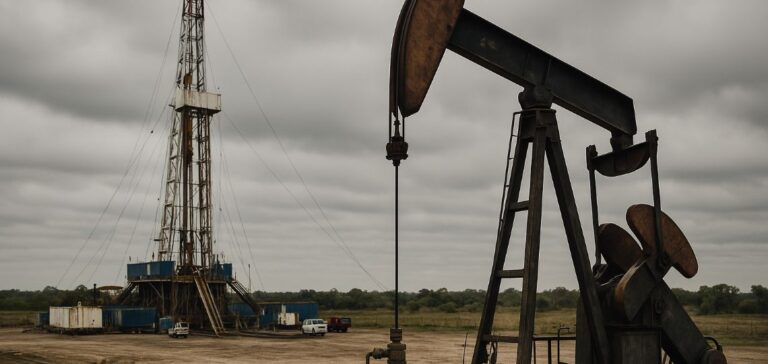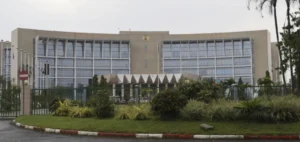Petro-Victory Energy Corp., a company specialised in onshore oil and gas exploration and production, has announced several structuring developments in Brazil. The firm recently concluded major financial and operational partnerships, as well as targeted acquisitions, with the objective of accelerating its expansion across the country’s terrestrial basins. These operations aim to ensure free cash flow generation and expand existing production capacity.
Key financial and operational partnerships
Noteworthy among these initiatives is a strategic partnership with BlueOak Investments, identified as the main capital provider in the acquisition of Capixaba Energia. This acquisition marks the launch of a regional growth hub within Petro-Victory’s portfolio. A development agreement was also signed with Eneva, one of Brazil’s largest energy operators, including a fully funded drilling and seismic commitment. Another partnership, signed with ATE, covers the financing of two development wells at the Andorinha Field, with an option to buy into the related assets under pre-agreed terms.
Asset portfolio expansion
Petro-Victory finalised the acquisition of 13 producing oil fields from Brava Energia S.A., adjacent to its existing concessions. These assets enhance the company’s exploitable reserves, particularly in the Potiguar and Espirito Santo basins, both of which are strategic zones for the company. The resource potential in the source rock of the Potiguar Basin has been estimated at 36.2 billion barrels of undiscovered oil originally in place, based on company data.
Operational projections and development plan
The 2025 development plan includes a fully funded workover and drilling campaign in the Espirito Santo Basin, along with partner-supported drilling of two wells in the Potiguar Basin. A similar operation is scheduled for the São João gas field in 2026, comprising one well and a 3D seismic campaign. According to an independent reserves and resources report, the company holds substantial proven reserves, strengthening its market credibility.






















